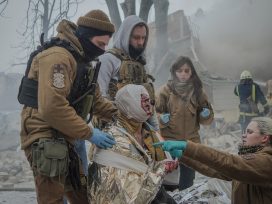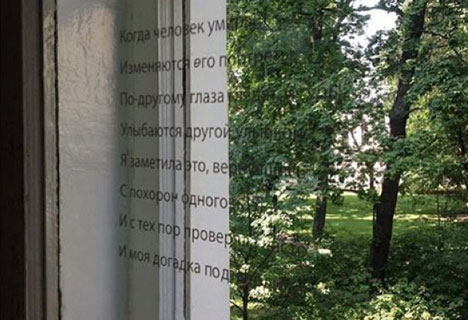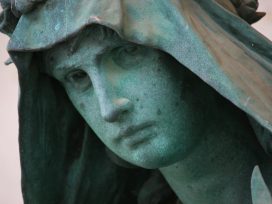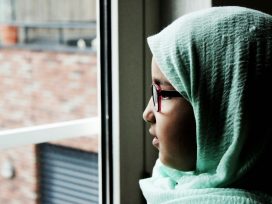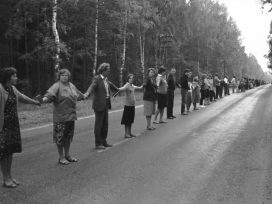In addition to the life and works of Anna Akhmatova, the museum’s exhibitions make reference to those of Osip Mandelstam, Nikolay Punin, Kazimir Malevich and Vladimir Tatlin.
Nina Popova, the museum’s director, explains how the event’s venue offers an important context for the event: “Their creative minds perceived the European cultural space as a common area with a single set of artistic and moral values. At the same time, they were able to understand the complexity and uniqueness, the differences and similarities of European and Russian history in the twentieth century.”
Indeed, the Debate on Europe in Saint Petersburg is intended as a platform for communication about the forms and prospects of neighbourhood between Russia and Europe today. Highlights included two public debates chaired by Nikolay Solodnikov, who is deputy director of the Mayakovsky Central City Public Library and curator of the Open Library Dialogues; and the writer and translator Carl Henrik Fredriksson, a founder and the former editor-in-chief of Eurozine. They were joined by philosopher Michail Ryklin, colta.ru editor-in-chief Maria Stepanova and Osteuropa editor Volker Weichsel to discuss Russia in Europe; and by journalist, talk show host and economist Aleksander Archangelsky, archpriest Alexey Uminskiy and historian Marci Shore for a debate on Russia and Europe.
Eurozine is a media partner of the current Debates on Europe series, initiated by S. Fischer Foundation, the German Academy of Language and Literature, and Allianz Cultural Foundation. The theme of the series is Neighbourhood in Europe – Perspectives for a Common Future. Publishing highlights based on contributions to previous debates in this series include Taciana Arcimovic‘s Neighbourhood as an assertion of autonomy; Ivaylo Ditchev‘s Borders are back in fashion; and Senad Pecanin‘s Bosnia in Ukraine.
More information, including full programme: Russia in Europe – Russia and Europe
